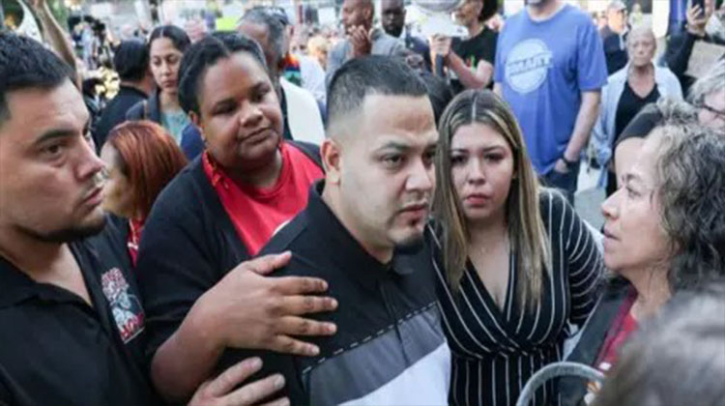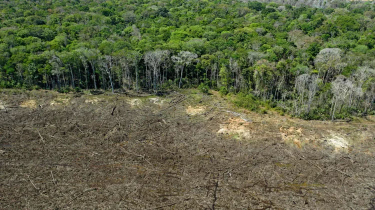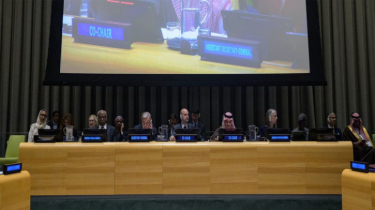Abrego Garcia Detained by ICE, Faces Second Deportation to Uganda

Published : 21:29, 25 August 2025
Kilmar Abrego Garcia, a 30-year-old Salvadoran national and Maryland construction worker, has been detained by U.S. Immigration and Customs Enforcement (ICE) in Baltimore just days after his release from criminal custody in Tennessee. He now faces the possibility of deportation not to his native El Salvador, but to Uganda, a surprising turn that adds urgency and controversy to his ongoing legal battle.
Abrego Garcia’s case became high-profile earlier this year when he was mistakenly deported to El Salvador despite an immigration judge recognizing his credible fear of persecution there. A federal court and ultimately the Supreme Court ordered his return to the U.S., which occurred in June under court direction. Upon his return, he was promptly detained on human smuggling charges, which he has pleaded not guilty to, calling the prosecution retaliatory and unsubstantiated.
Just last week, he was released and briefly reunited with his family in Maryland, a touching moment that was overshadowed by immediate legal peril. Soon after, ICE notified his attorneys that if he did not accept a plea deal (which would have led to deportation to Costa Rica), he should expect removal to Uganda. This offer was limited and contentious, described by his defense as coercive, tantamount to a strategy of “stick and carrot,” with Costa Rica on offer for cooperation and Uganda offered as punishment should he refuse.
At his ICE check-in in Baltimore, he was taken into custody without explanation or documentation from agents. His attorneys quickly filed a habeas corpus lawsuit, demanding due process, a “reasonable fear” interview, and blocking removal, especially to Uganda. Judges have previously ruled that Abrego Garcia must receive 72 hours’ notice before being deported to a third country and cannot be transferred out of the region without court permission.
Abrego Garcia’s case stands as a focal point in the Trump administration’s tough enforcement of immigration policy and has triggered broader concerns over due process, judicial authority, and the reach of executive power in immigration proceedings.
Sources: Associated Press, Reuters, The Guardian, The Washington Post
BD/AN











